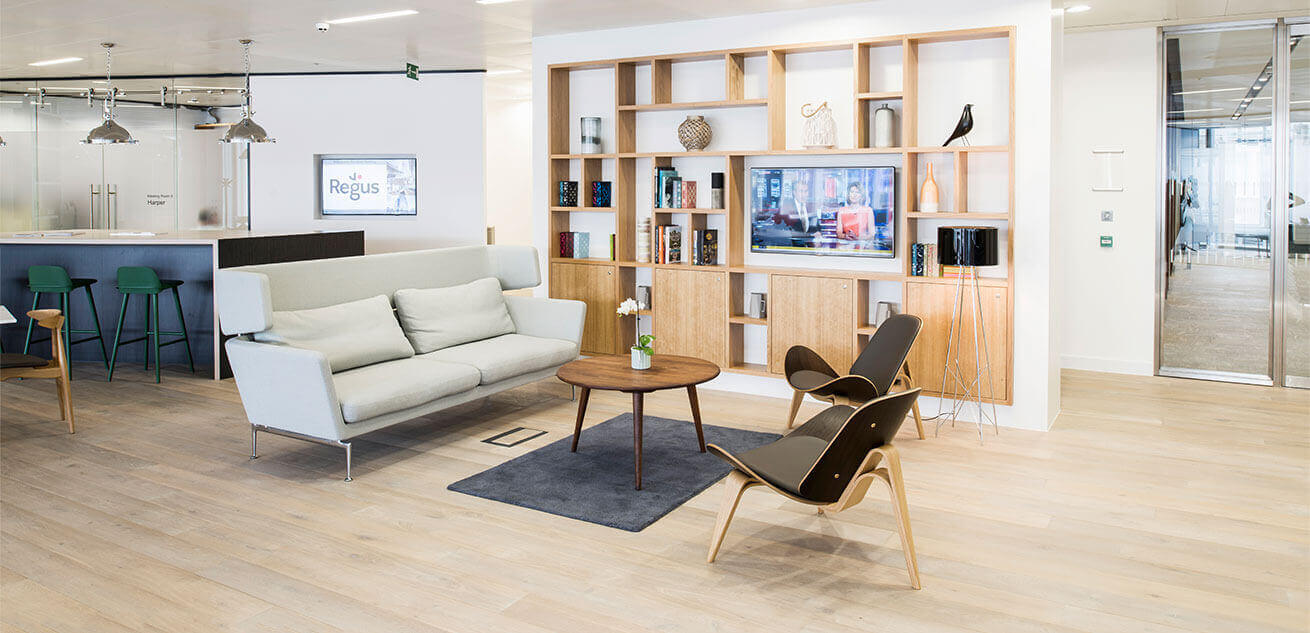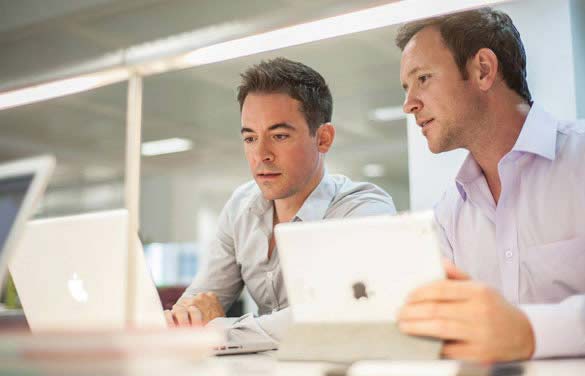
How has technology changed the serviced office business since you started Regus in 1989?
What people want in a digital world is not what they wanted in an analog one. One change is that today, networking is facilitated by the internet so you don’t necessarily need an office space. Another change is that we also operate over a digital platform. We have more customers, (about 700,000 using our apps), than customers that have physical offices with us. The app population grows exponentially every month as more people figure out that using apps is easier than having an office. This is being adopted by both small and large companies.
How do you at Regus ensure that you keep disrupting at the edge?
You must have a good team and leadership. It is important that you have a team that is capable of both running and developing the businesses. We want people who are looking for what can go wrong and how to improve; people that are always thinking about the competition and the customer. I believe that you must spend a good third, if not half, of the time thinking about what is next; what the threats are, what you are going to do about them and what the expansion opportunities are.
“We have been disrupting for over 25 years. We have had to consistently reinvent ourselves using technology whilst staying focused on what customers need.” Mark Dixon, CEO and Founder, Regus
Nowadays, how much of demand for Regus comes from classic office tenants, and how much is for co-working locations and virtual offices?
Co-work and sharing space is what we have been doing for 25 years. But the customer base has changed. There is a strong demand for our services from companies that are now seeking different ways to work because their businesses have changed. As the world moves from analog to digital, it is changing the way companies work and where people work. The internet connects you so you don’t have to have an office in a city center anymore. They can now manage their workers digitally, they don’t have to be in one place.

The concept of the virtual office is growing with all the apps. Same with part-time offices where you have everything, but you don’t need to be there every day.
What technologies do offer to your clients nowadays?
Bandwidth, security and data. Some companies require recorded telephone calls if they are in a regulated industry or in sales. We offer improved telecom services with telecom recording with outbound dialers. It is a very high-tech service that makes people more efficient on phone interaction.
What are the advantages of co-working spaces?
When you are in a co-work place, that is every one of our centers, you meet people from other companies. We encourage interaction between companies. Interaction leads to greater knowledge, more opportunities and more learning. It is like when you go to a good conference, you always come back enriched because you have spoken to a lot of people and learnt new things.

Who seeks co-working spaces nowadays?
We have always had strong demand from start-ups but now we are seeing stronger demand from larger corporations because these are the ones that are changing the most. So about half of our business is with large companies. Of the other 50%, half of that is from start-ups or smaller companies and the other half is from government organizations and charities or companies with different activity such as publishing houses.
What is Regus doing to provide business facilities outside of classic offices?
People do not want to think about where they are going to work. They want to work where it is most convenient and where they will be most productive. That could be when they are in transit, working close to home, working in the city center or in the country. We have established a successful operation with work centers in libraries and airports too![]()









